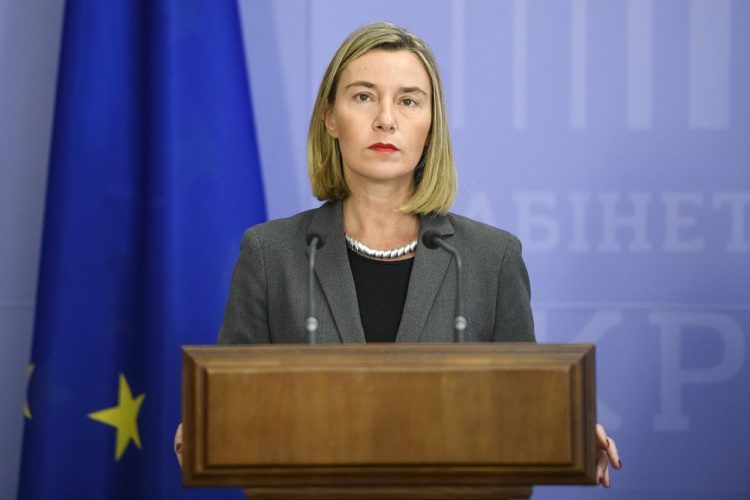Brussels, Belgium—Defying US interests and sanctions, the European Commission has approved close to $21 million in aid to Iran.
This will be the first installment of a $58 million package.
“This new package will widen economic and sectorial relations in areas that are of direct benefit to our citizens,” said Federica Mogherini, the EU’s High Representative for Foreign Affairs and Security.
The funds will be distributed to both the private sector and public sectors. The funds allocated to the private sector will be distributed to promising Iranian SMEs (small and medium-sized enterprises); funds allocated to the public sector will target environmental and drug issues.
The Iranian Trade Promotion Organisation will also receive technical assistance from its EU counterpart.
The aid package comes in the wake of the US’ decision to reinstate economic sanctions against Iran for its nuclear program. The EU appears resolute to preserve the nuclear deal and the debatable progress that has been achieved ever since.
“With these measures, the EU demonstrates its support to the Iranian people and their peaceful and sustainable development,” said Neven Mimica, EU’s Commissioner for International Cooperation and Development.
The European Investment Bank (EIB) has also received authorisation from the Commission to enter the Iranian market to minimise the sanctions’ impact. Something, however, that isn’t likely to happen since it would endanger the bank’s business model (the EIB is highly engaged in the US financial market).
The reasoning behind Europe’s actions is that US sanctions have an extraterritorial effect and are thus considered illegal (the EU doesn’t recognise US court rulings). Brussels triggered the Blocking Statute, which authorises European nationals and companies to ignore US sanctions. Moreover, companies can claim compensation for financial damages inflicted by the sanctions. In fact, companies that comply with the sanctions might face penalties.
“European companies wanted to do business in Iran. And lots of them want to stay in the market,” said Luisa Santos, director for international relations at BusinessEurope, a lobby representing European businesses
In a joint statement of solidarity, Mogherini and the British, German, and French foreign ministers vowed to, “protect European economic operators engaged in legitimate business with Iran.”
Already have an account? Sign In
Two ways to continue to read this article.
Subscribe
$1.99
every 4 weeks
- Unlimited access to all articles
- Support independent journalism
- Ad-free reading experience
Subscribe Now
Recurring Monthly. Cancel Anytime.
Realistically, however, not many companies will opt into the smaller Iranian market and risk losing the US market. Any companies that might do so would be SMEs, which might not be active in the US market and thus unaffected by possible US retaliation. But even these companies require financing. And there is hardly a better place to find capital than the US.
“The main problem is that our legislation has no extraterritorial effect. Meaning that there might be some shielding on EU soil but there is no shielding on US soil,” added Santos.
The EU wishes to maintain the nuclear deal with Iran even if the US doesn’t. But will it risk its relations with the US to do so?










COMMENTS